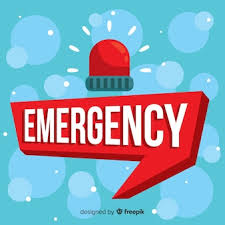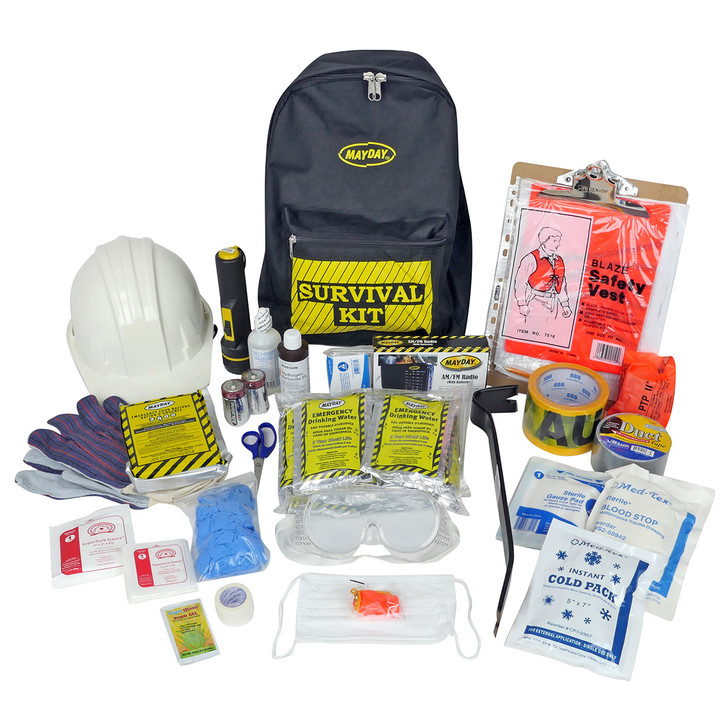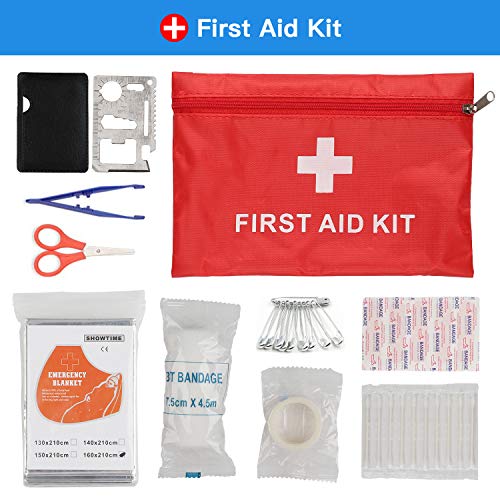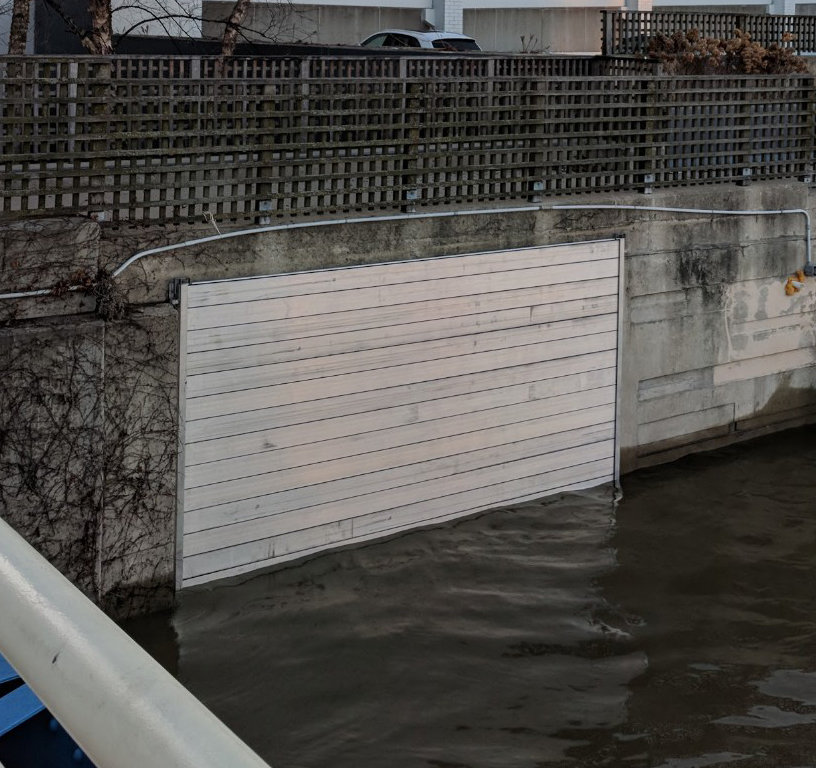The Importance of Emergency Preparedness: Ensuring Safety in Times of Crisis
Emergencies can strike at any moment, often catching us off guard and leaving us vulnerable. Whether it’s a natural disaster, a medical emergency, or a sudden crisis, being prepared is key to ensuring the safety and well-being of ourselves and our loved ones.
Why Emergency Preparedness Matters
Emergency preparedness is not just about having a plan in place; it’s about having the knowledge, resources, and mindset to act swiftly and effectively when faced with a crisis. By taking proactive steps to prepare for emergencies, we can reduce the impact of disasters and increase our chances of survival.
Key Elements of Emergency Preparedness
There are several essential components to consider when preparing for emergencies:
- Emergency Kits: Stocking up on essential supplies like food, water, first aid kits, medications, and personal hygiene items can sustain you during times of crisis.
- Communication Plan: Establishing a communication plan with family members or loved ones ensures that everyone knows how to connect and stay informed during an emergency.
- Evacuation Routes: Familiarizing yourself with evacuation routes and shelter locations in your area can help you evacuate safely if needed.
- Training and Education: Taking first aid and CPR courses, as well as learning basic emergency response skills, can empower you to help others in need during an emergency.
The Role of Community in Emergency Preparedness
In times of crisis, communities play a crucial role in providing support and resources to those affected. Collaborating with neighbors, local authorities, and community organizations can enhance collective resilience and ensure a coordinated response to emergencies.
Stay Informed, Stay Safe
Being informed about potential hazards in your area, staying up-to-date on weather alerts and emergency notifications, and following official guidelines during emergencies are vital steps in staying safe. Remember: preparedness saves lives.
In conclusion, prioritizing emergency preparedness is not just a precautionary measure; it is a responsibility we owe to ourselves and our communities. By taking proactive steps today, we can better protect ourselves and those around us when faced with unexpected challenges tomorrow.
6 Essential Tips for Preparing Your Household for Emergencies
- Create an emergency plan for your household including evacuation routes and designated meeting points.
- Keep important documents like identification, insurance papers, and medical records in a waterproof container.
- Prepare an emergency kit with essentials such as water, non-perishable food, flashlight, batteries, and first aid supplies.
- Stay informed about potential hazards in your area through local news sources or emergency alerts.
- Teach family members how to safely turn off utilities like gas, electricity, and water in case of emergencies.
- Practice fire drills at home and establish communication strategies with neighbors or nearby relatives.
Create an emergency plan for your household including evacuation routes and designated meeting points.
Creating an emergency plan for your household is a crucial step in ensuring the safety and well-being of your family in times of crisis. By outlining evacuation routes and designating meeting points, you establish a clear roadmap for everyone to follow during an emergency. This plan not only helps minimize confusion and panic but also ensures that all family members know what to do and where to go in case of a disaster. Taking the time to create and practice your emergency plan can make a significant difference in how effectively you respond to emergencies and protect your loved ones.
Keep important documents like identification, insurance papers, and medical records in a waterproof container.
To enhance your emergency preparedness, it is crucial to safeguard essential documents such as identification, insurance papers, and medical records by storing them in a waterproof container. In the event of a flood or other water-related disaster, having these critical documents protected can make a significant difference in facilitating recovery and accessing necessary services promptly. By taking this simple yet proactive measure, you can ensure that vital information remains safe and accessible during times of crisis.
Prepare an emergency kit with essentials such as water, non-perishable food, flashlight, batteries, and first aid supplies.
Preparing an emergency kit with essential items is a critical step in ensuring readiness for unexpected situations. Including items such as water, non-perishable food, a flashlight, batteries, and first aid supplies can make a significant difference in your ability to sustain yourself and others during emergencies. Having these essentials readily available can provide comfort and security knowing that you are equipped to handle unforeseen circumstances effectively.
Stay informed about potential hazards in your area through local news sources or emergency alerts.
It is crucial to stay informed about potential hazards in your area by regularly monitoring local news sources or subscribing to emergency alerts. Being aware of any potential risks, such as severe weather conditions or natural disasters, allows you to take timely action and prepare accordingly. By staying informed, you can proactively protect yourself and your loved ones in the event of an emergency, ensuring a safer and more secure environment for all.
Teach family members how to safely turn off utilities like gas, electricity, and water in case of emergencies.
It is crucial to educate family members on how to safely shut off utilities such as gas, electricity, and water during emergencies. Knowing how to properly turn off these utilities can prevent further damage, reduce the risk of accidents, and ensure the safety of everyone in the household. Instructing family members on these essential procedures empowers them to take swift and effective action in times of crisis, helping to mitigate potential hazards and protect lives and property.
Practice fire drills at home and establish communication strategies with neighbors or nearby relatives.
To enhance your household’s emergency preparedness, it is crucial to practice fire drills regularly at home and establish communication strategies with neighbors or nearby relatives. Conducting fire drills helps ensure that every family member knows what to do in case of a fire emergency, including evacuation routes and meeting points. Additionally, establishing communication protocols with neighbors or nearby relatives can facilitate swift coordination and support during crises, fostering a stronger sense of community resilience. By proactively preparing for emergencies and staying connected with those around you, you can better protect your loved ones and navigate challenging situations effectively.




